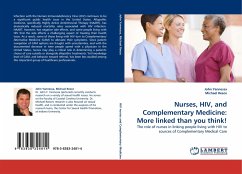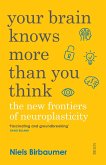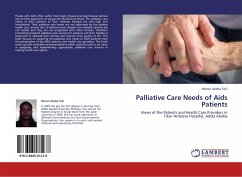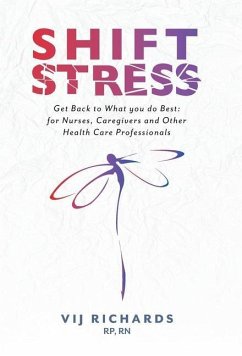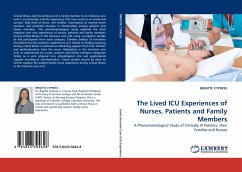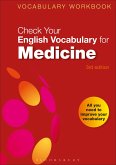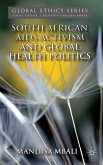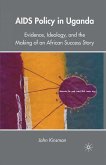Infection with the Human Immunodeficiency Virus (HIV) continues to be a significant public health issue in the United States. Allopathic medicine, specifically Highly Active Antiretroviral Therapy (HAART), has dramatically reduced mortality rates associated with HIV infection. HAART, however, has negative side effects, and some people living with HIV find the side effects a challenging aspect of treating their health issue. As a result, some of those living with HIV turn to Complementary/Alternative Medicine (CAM) to alleviate their symptoms. Since patient navigation of CAM options are fraught with uncertainties, and with the documented decrease in time people spend with a physician in the United States, nurses may play a critical role in determining a patient's choice of care outside or alongside allopathic treatments. Yet knowledge level of CAM, and behavior toward referral, has been less studied among this important group of healthcare professionals.
Bitte wählen Sie Ihr Anliegen aus.
Rechnungen
Retourenschein anfordern
Bestellstatus
Storno

